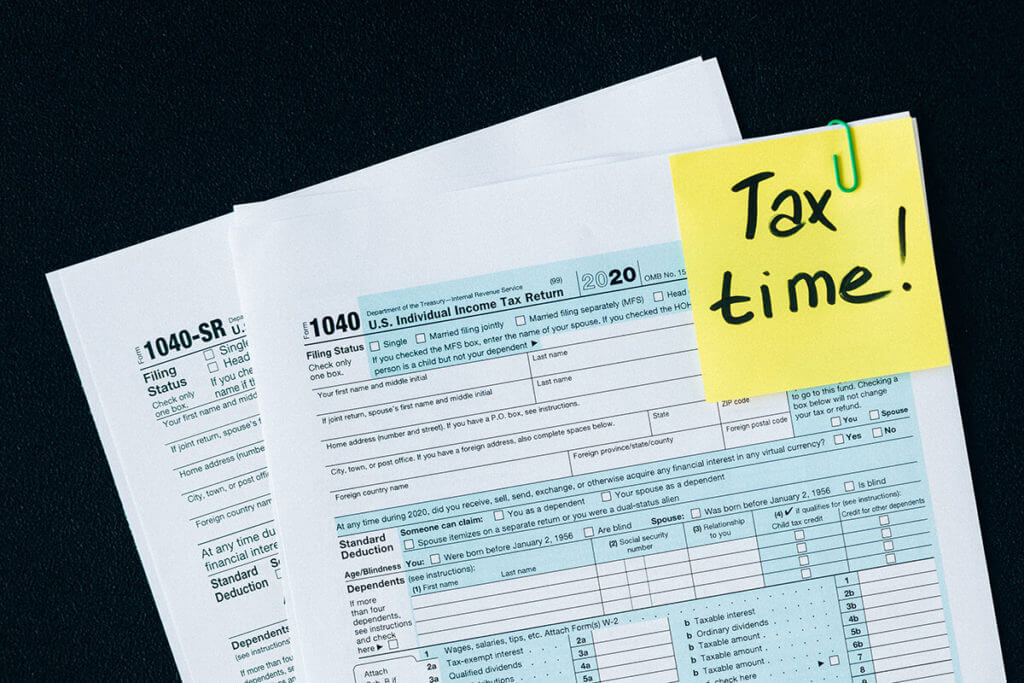People often say that you learn best from your own experience. However, if you follow that advice regarding your relocation, you will probably make so many moving mistakes that you won’t know what hit you. Given that approximately 30,000 Americans relocate each year, we strongly suggest that you discover errors in their ways and memorize what you should not do when moving. In order to help you, we prepared a list of the most frequently made relocation errors.


People often say that you learn best from your own experience. However, if you follow that advice regarding your relocation, you will probably make so many moving mistakes that you won’t know what hit you. Given that approximately 30,000 Americans relocate each year, we strongly suggest that you discover errors in their ways and memorize what you should not do when moving. In order to help you, we prepared a list of the most frequently made relocation errors.
We all want to believe that we live in a decent world and that people around us are, if not good, then decent enough not to trick us. However, that kind of thinking got many people in an awful position, making them a part of relocation scams. Here are few tips you should memorize before picking the right long-distance moving company for yourself:

Most errors made during relocation are in one way or another connected to the process of packing. People often forget how dull, long, and complex this task can be. They approach it with ease, only to later discover their mistake. We present you with the most common boxing-up errors and moving problems they cause, followed by the methods you can use to avoid them and learn how to move efficiently.
Making a relocation to-do list is a must in every relocation process. A successful move needs to be thoroughly organized, and so does the boxing-up of your belongings. You should prepare a detailed list of rooms you need to pack and come up with the correct order. For example, you want to box up your storage rooms, such as the basement and attic, first, and kitchen and bathroom last. Storage places often contain things we don’t use very often, and they are the most complex ones to box up. On the other hand, bathrooms and kitchens include things that we will use until practically our last day in the old home.
If you mess up the order, you will end up boxing up things you use first and the ones you don’t – last. It almost goes without saying, but be sure that your time management skills are on the highest level – you don’t want to rush anything.
Before boxing up your goods, you should go through them carefully and decide which ones you don’t want or won’t use. Every item that is damaged and unusable should be thrown away. Overpacking is especially problematic if you are relocating to a smaller home.
For the rest of your unwanted belongings, you could have a garage sale to earn some extra cash. If you want to be a good Samaritan, you can always research options on where to donate clothes for the homeless.
If you don’t know where to start when it comes to decluttering, check out the following video:
No matter if you have enough time or you are organizing a last-minute move, always label your boxes. If you don’t, you’ll end up not knowing where to look for your things and how to unpack them. And even worse, if you don’t label delicate things, it wouldn’t matter that you know how to pack fragile items – it is highly possible that they will break if a heavier object ends up on top of them on the truck.
You may have underestimated the number of belongings you should handle, or you didn’t select suitable packing materials, or you don’t know how to move your furniture without damaging it. Don’t insist on doing everything by yourself if it means that your items will suffer. Instead, try to save a little more money and hire a professional packing service. Professionals will know all the answers to how, when, and why so that you don’t have to worry about a thing. If you are asking yourself: “How much should I pay movers per hour?” be sure to research the average price in your state around the day of your move by requesting quotes.
You don’t want to pack certain belongings only to find out that those are some of the items movers won’t move. Obviously, movers won’t relocate anything that can put them or anyone else in danger while transporting, so any potentially flammable products are out of the picture. Make sure to investigate which of your belongings are potentially dangerous, and do it thoroughly. Note that you can’t even put in your boxes things like nail polish, nail polish remover, or batteries.
Perishables, such as food, also can’t be transported, so try to use them before the relocation date. Rotten food can easily damage your belongings – be sure to avoid relocating it at any cost. Some cross-country moving companies also won’t relocate valuables because the risk of them breaking or going missing is too high. Plants are also on this list because the National Plant Board prohibits the shipment of certain species in order to prevent spreading insects, disease, and alike. That means that you might have to find the best way to move houseplants across the country on your own.

One of the most frequent errors is underestimating the importance of your documents. If you start your relocation process on schedule, don’t forget to decide how to organize important documents, so you know where each one of them is. Don’t lose important relocation paperwork, such as the bill of lading, and do not get rid of relocation documentation after the move because you might be eligible for relocation expenses deduction. Trust us – when the tax season comes, you will be grateful for the tips listed above.

Remember that you need to contact and inform everybody about your relocation – from your family and friends to your loan providers and Social Security Administration. If you forget to update your address, you won’t get all of the important mail from your bank, tax agencies, and alike, which can cause more severe problems down the road. On the other hand, if you neglect to cancel your subscriptions or redirect them to your new home, you will be paying without actually receiving them. You can research how to change your address when relocating if you are unsure which steps to take.

According to federal law, every mover is obliged to offer you some kind of insurance policy. When it comes to scammers, they often count on you not having this information, so watch out. Usually, you can choose among:

There are undoubtedly many other smaller or bigger relocation errors that can happen. You would think that in order to escape them, you only need some common sense. However, when you plan a move in a hurry, there are a lot of things you can overlook, and that leaves more space for errors, such as:

What if you did everything that is in your power to avoid making errors, but something just slipped through the cracks? If things suddenly go south, it will only add to your relocation stress. Note that the worst error you can make is to pick an unreliable mover – just about everything else can be fixed. However, if you follow those relocation tips we offered, the chance you making a significant error will be minimal.